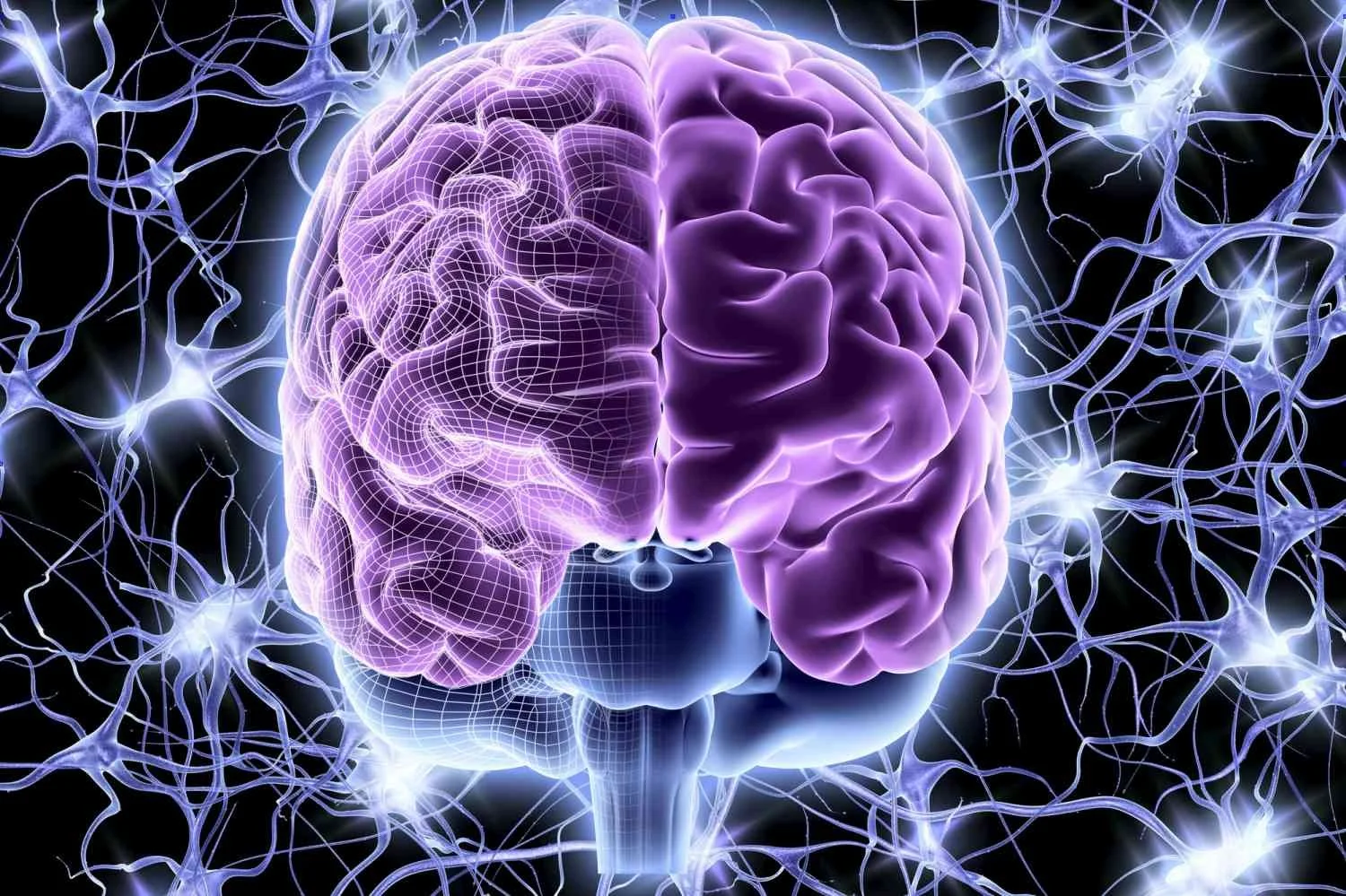Understanding Your Nervous System and Trauma’s Impact
Written By: Piper Linssen, Counseling Intern
Fundamentals of Trauma
Trauma doesn't just affect your emotions and memories; it physically changes your brain. According to trauma experts like Bessel van der Kolk, these changes can cause the brain to adapt to a world that feels unsafe, reshaping how you process emotions and store memories.
Trauma isn’t just a psychological issue; it's a neurobiological one. Understanding that trauma reshapes the brain helps reduce stigma around mental health. It validates that the symptoms many people live with are rooted in real, physical changes in the brain.
The good news? The brain is adaptable. Through a process called neuroplasticity, it can rewire itself and form new pathways. Healing and recovery are possible with the right support.
How Trauma Changes the Brain and Dysregulates the Nervous System
The Amygdala: Your Brain’s Smoke Alarm
The amygdala’s job is to scan for threats and connect memories with emotions. Think of it as your brain’s smoke alarm - always on the lookout for danger and ready to trigger a survival response, often called fight, flight, or freeze. This means your body prepares to either confront the danger, escape it, or shut down when faced with an overwhelming threat. After trauma, this alarm becomes overactive and hypersensitive, causing even small or normal stressors to set off panic. The amygdala's overactivity leaves you feeling anxious and on edge far more often than someone who hasn’t experienced trauma.
2. The Hippocampus: Your Brain’s Librarian and Timekeeper
The hippocampus helps you process and store memories by placing them in the right time and context. It acts like a librarian or timekeeper, organizing your experiences so you know what happened when and can separate past memories from present reality.
During trauma, the brain is flooded with stress hormones like cortisol, which can damage cells and cause the hippocampus to shrink. This shrinkage happens partly because nerve pathways are trimmed back, like a librarian removing books that aren’t being used, making it harder for this part of the brain to keep memories organized properly. When the hippocampus isn’t working well, traumatic memories can feel like they’re happening right now, leading to flashbacks, dissociation, or sudden waves of unbearable emotion. The hippocampus's limited functioning also explains why trauma survivors often have fragmented, distorted, or missing memories, and why it can be harder to concentrate or remember things in everyday life.
3. The Prefrontal Cortex: Your Brain’s CEO
The prefrontal cortex is like the brain's CEO, responsible for rational thinking, planning, decision-making, and controlling emotions. It helps you make sense of what is happening and keeps your impulses in check. Trauma can cause this area to shrink and become less active over time. This happens partly because neural pathways in the prefrontal cortex get trimmed back, like a CEO losing staff members, making it harder for this part of the brain to manage thoughts and feelings effectively. When the CEO is overwhelmed or understaffed, it becomes difficult to think clearly, make decisions, or talk about what happened. Without strong leadership from the prefrontal cortex, it is hard to override the constant danger signals from the amygdala and hippocampus. This makes it challenging to feel safe, to reflect on what happened, or to move forward. Your nervous system is caught in a constant state of defense, even in the absence of a real threat.
4. The Nervous System: Constantly on High Alert
Trauma doesn't just affect your brain; it keeps your entire nervous system stuck in survival mode, like an alarm system that won't turn off. When your body is flooded with stress hormones, your nervous system stays locked in fight, flight, or freeze. This is your body's automatic response meant to protect you from danger. In this state, you might feel constantly on edge, jittery, overwhelmed, or exhausted. Over time, this relentless stress can lead to adrenal fatigue and emotional shutdown. Living with an overactive nervous system puts a huge strain on your body and raises the risk for many health problems, including autoimmune disorders, chronic pain, sleep difficulties, digestive issues, and heart disease. Simply put, your body can’t heal or work at its best when it's trapped in survival mode.
The Brain’s Power to Heal: Recovering from Trauma
Just as trauma reshapes your brain and nervous system, it also has an incredible ability to heal and adapt. This process is called neuroplasticity, your brain’s natural capability to rewire itself and form new pathways.
The trauma response was your brain’s way of helping you survive real danger. But with safety, support, and the right tools, your brain can learn to calm the overactive alarm system, help the hippocampus reorganize memories, and strengthen the prefrontal cortex’s leadership.
Healing happens through a combination of therapies and practices that engage both the mind and body. Approaches like EMDR, somatic therapy, yoga, animal-assisted therapy, mindfulness, meditation, writing, and exercise all help retrain your brain and nervous system to feel regulated again.
Recovery is not just possible, it’s real and within reach.
References
Felitti, V. J., Anda, R. F., Nordenberg, D., Williamson, D. F., Spitz, A. M., Edwards, V., Koss, M. P., & Marks, J. S. (1998). Relationship of childhood abuse and household dysfunction to many of the leading causes of death in adults. American Journal of Preventive Medicine, 14(4), 245–258. https://doi.org/10.1016/s0749-3797(98)00017-8
Porges, S. W. (2007). The polyvagal perspective. Biological Psychology, 74(2), 116–143. https://doi.org/10.1016/j.biopsycho.2006.06.009
van der Kolk, B. A. (2014). The body keeps the score: Brain, mind, and body in the healing of trauma. Viking.
